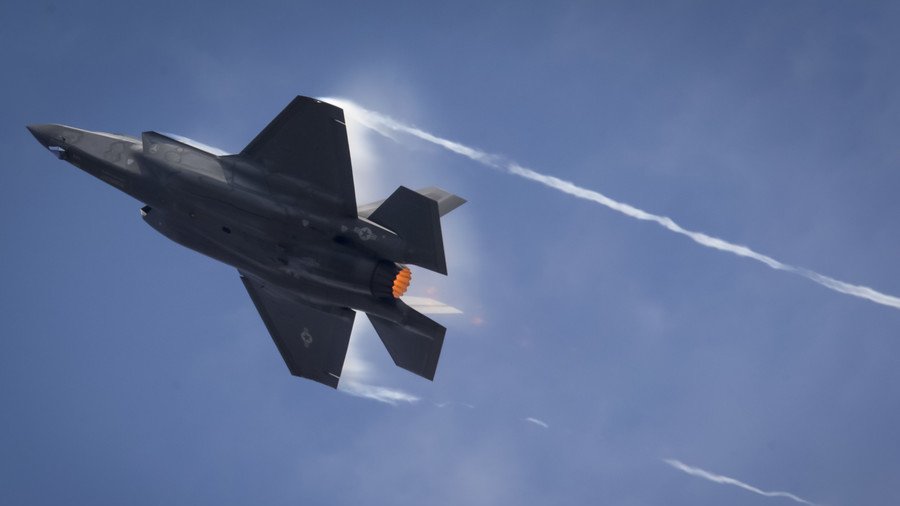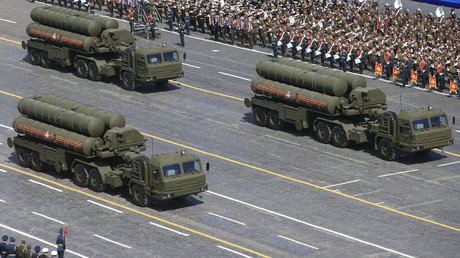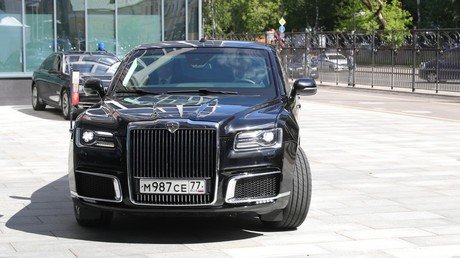Turkey’s S-400 purchase risks exposing F-35's weaknesses – NATO general

NATO remains worried that Turkey operating F-35s alongside S-400 air-defense systems might expose the state-of-the-art jet’s advantages, or lack of thereof, to allies and “known foes,” said the bloc’s Allied Air Commander.
“Anything that an S-400 can do that affords it the ability to better understand a capability like the F-35 is certainly not to the advantage of the coalition,” NATO Allied Air Commander General Tod Wolters told Reuters.
The NATO general fueled the fears that by simply operating both S-400s and the F-35 Lightning II fifth-generation fighters simultaneously, Turkey, which seeks to integrate all of its military information systems, could compromise the entire multi-billion-dollar program. The Washington-led military alliance thus risks losing the perceived advantages of the F-35s, which are rapidly being transferred to allies across the world.
It is as yet unknown “how much, for how long and how close” the fighter can be operated near the S-400 systems to keep its advanced radar-evasive capabilities in secret. “All those would have to be determined. We do know for right now it is a challenge,” Wolters said.
By the end of next year the UK, Norway, Italy and the Netherlands will have some 66 F-35 Lightning II multirole fighters, Reuters reported. While Ankara officially received its first two stealth fighters from the contractor Lockheed Martin at a symbolic ceremony last month, the F-35s are yet to be delivered to Turkey. The NATO member has been seeking to purchase 116 F-35 units under the Joint Strike Fighter program deals signed in 2014 and 2016. However, the first deliveries of planes, slated for 2018-2019, were jeopardized by the growing rift between Washington and Ankara on a number of issues.
US lawmakers seeking to ban the sale of F-35's even threatened Turkey with sanctions. Under Countering America's Adversaries through Sanctions Act (CAATSA) the US has empowered itself with a right to sanction anyone in the world who engages in a “significant transaction” with Russia’s defense industry. However, despite tensions, the US Air Force general noted that the F35 contacts with Turkey remain “rock solid.”
Germany shouldn’t buy the F-35, Europe needs military independence – @Airbus Defense CEO https://t.co/w4K7DyPqvMpic.twitter.com/7yyJbHS661
— RT (@RT_com) April 22, 2018
Moscow and Ankara inked a $2.5-billion deal on the procurement of Russia’s S-400 Triumph in December last year. The Turkish military is expected to take delivery of the first S-400 complex in 2019. Despite US pressure, Ankara has so far repeatedly stated that the acquisition of the Russian systems will proceed as planned.
If you like this story, share it with a friend!















